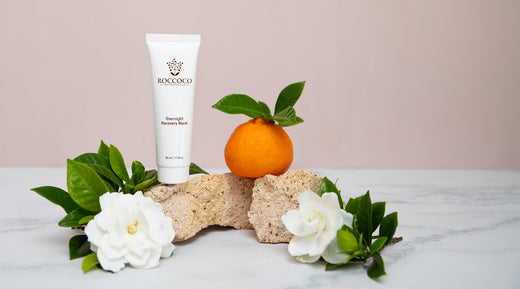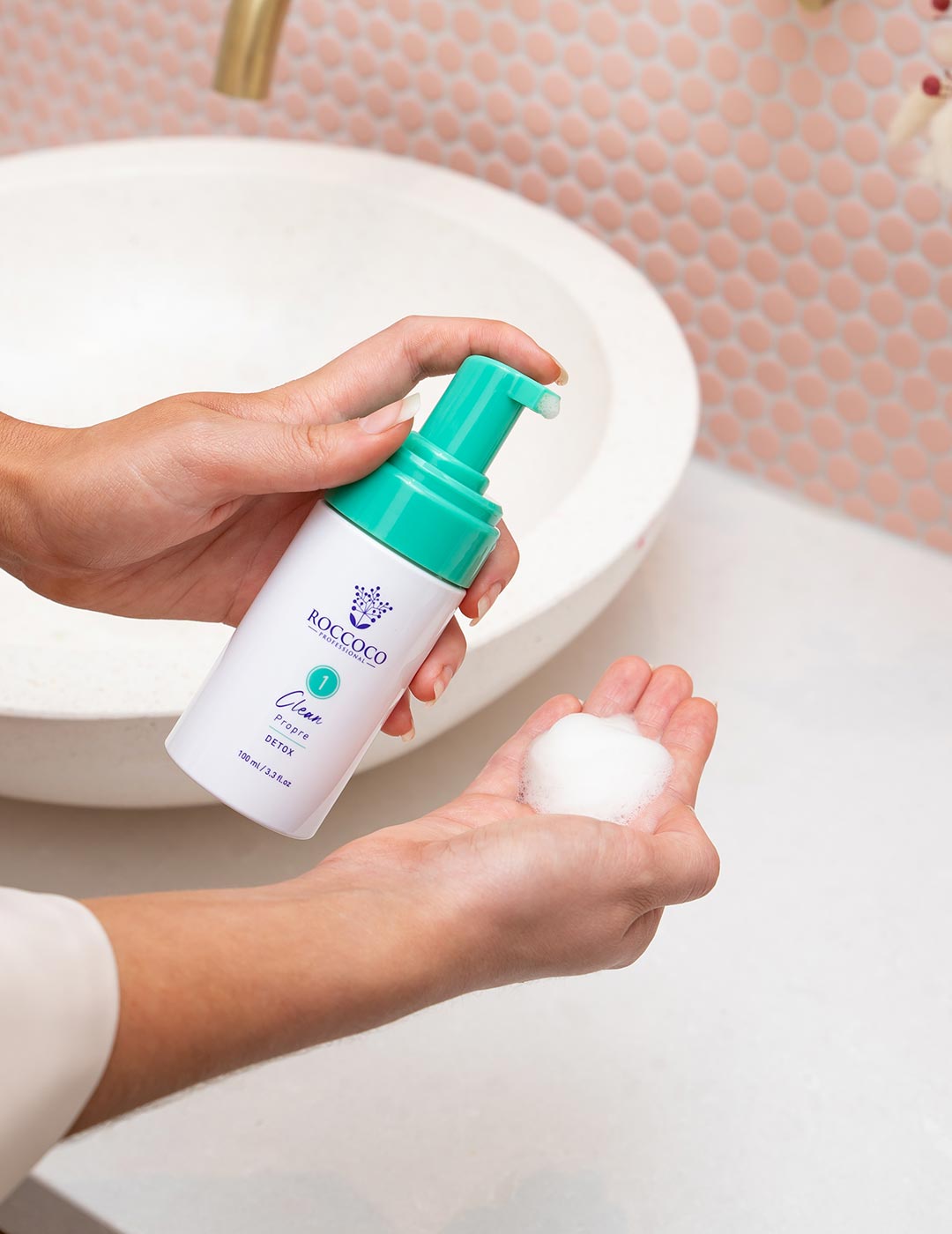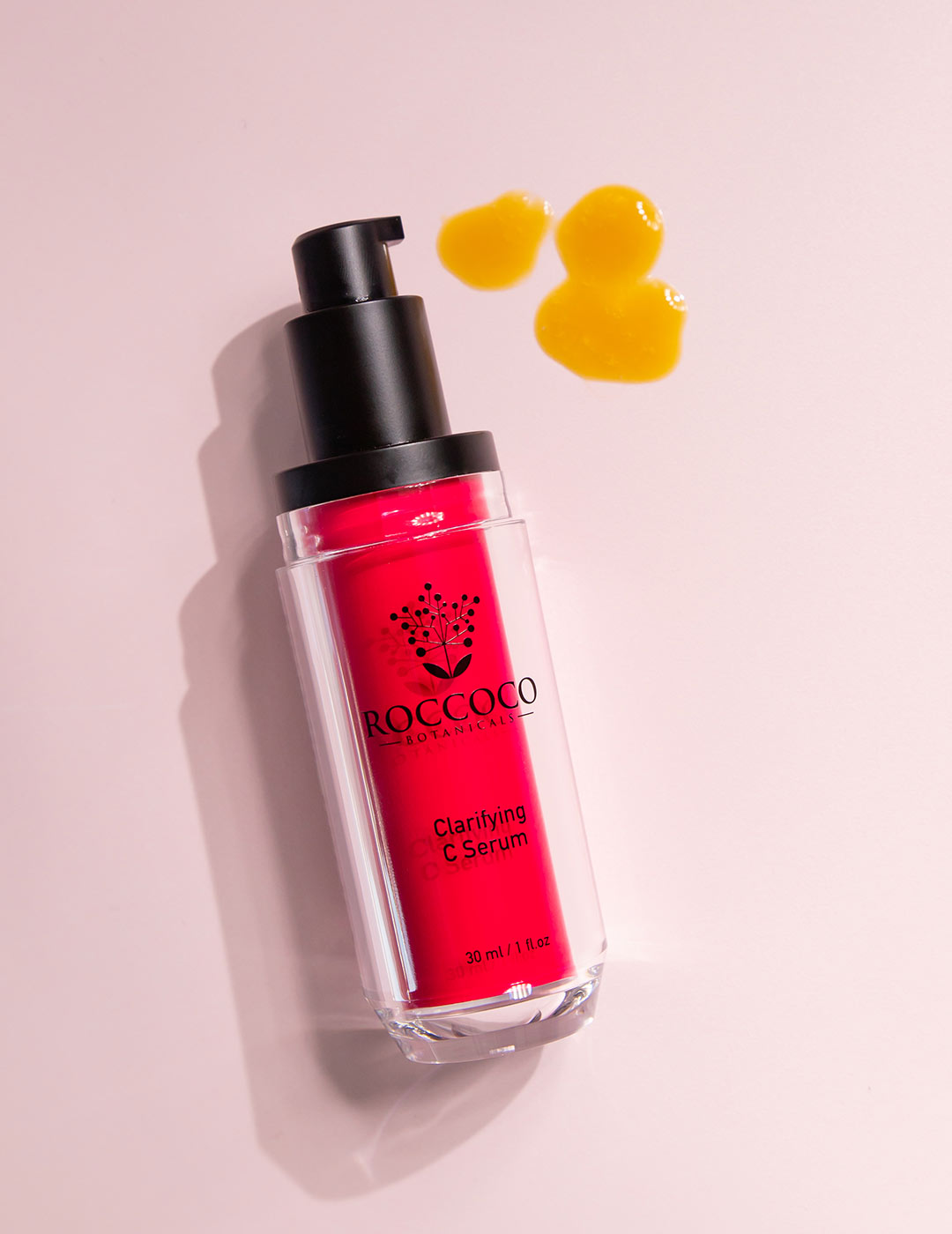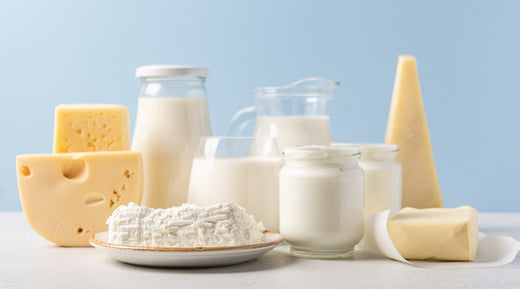We understand that achieving clear, healthy skin is a journey that often involves more than just topical treatments. As we strive to empower our clients with effective solutions, we believe that understanding the relationship between diet and skin health is crucial. One dietary consideration that has gained significant attention in recent years is the potential impact of dairy on acne-prone skin. Here’s why you might want to think twice about including dairy in your diet if you’re struggling with acne.
The Hormonal Influence of Dairy
Dairy products, particularly milk, contain hormones that can disrupt your body’s natural hormone balance. One key player in this dynamic is insulin-like growth factor 1 (IGF-1), a hormone found in cow's milk that can increase oil production in the skin. This excess oil can lead to clogged pores, resulting in acne breakouts. For individuals already predisposed to acne, consuming dairy may exacerbate their condition.

Inflammation: A Common Culprit
Acne is often linked to inflammation in the body, and dairy can contribute to this process. Many people experience an inflammatory response after consuming dairy products, which can manifest as redness, swelling, and worsening of existing acne. By eliminating or reducing dairy intake, you may help decrease inflammation and promote a clearer complexion.
The Gut-Skin Connection
The health of your gut can significantly influence the appearance of your skin. Dairy has been known to disrupt gut health in some individuals, leading to digestive issues that can show up on your skin as breakouts. If you’ve noticed a pattern of acne following dairy consumption, it may be worth considering a dairy-free diet to support both your gut and skin health.
Individual Sensitivities Matter
Many individuals are either lactose intolerant or sensitive to dairy proteins like casein and whey. These sensitivities can lead to a variety of symptoms, including skin flare-ups. If you experience digestive discomfort after consuming dairy, it’s essential to listen to your body. Reducing or eliminating dairy may provide relief not only for your digestive system but also for your skin.
Alternatives to Dairy
If you suspect that dairy might be contributing to your acne, consider exploring alternatives. Many delicious and nutritious options can replace dairy products without sacrificing flavour:
- Plant-Based Milk: While many may opt for nut milks like almond or cashew when going dairy-free, it’s important to note that nuts are known to potentially cause acne flare-ups too. However, options like soy, oat, and coconut milk can be great alternatives for cooking, baking, or enjoying in beverages.
- Dairy-Free Yogurt: Look for yogurt made from coconut or soy milk to enjoy your favourite snacks and breakfasts without dairy.

Conclusion
While the connection between dairy and acne isn’t universally accepted and may vary from person to person, there is enough evidence to suggest that avoiding dairy could benefit those struggling with acne. By reducing or eliminating dairy from your diet, you may notice a significant improvement in your skin’s clarity and overall health.
Read more

Are you looking for a skincare product that can work wonders while you sleep? Look no further than the Overnight Recovery Mask. Packed with anti-inflammatory goodness, it helps to heal and streng...

When it comes to skincare, the number of products on the market can be overwhelming. One product category that often gets a lot of hype is the night cream. But do you really need a separate cream f...



